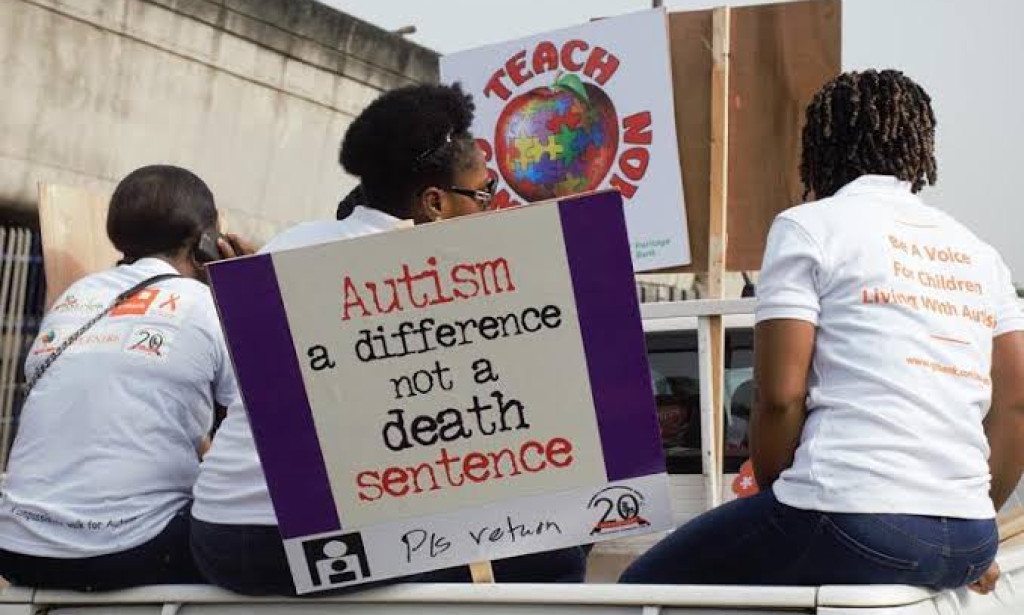Coping with autism in Nigeria presents unique challenges due to limited awareness, resources, and support systems. For many Nigerian families, the journey begins with navigating a healthcare system where early diagnosis and intervention for autism are not widely available. This often leads to delays in recognizing and addressing the condition.
Social stigma and cultural misconceptions about autism further complicate matters. Families may face judgment or isolation from their communities, making it harder to seek support or share their experiences. Access to specialized education and therapy is also limited, with few schools and professionals equipped to cater to autistic individuals' needs.
Despite these obstacles, Nigerian parents and caregivers show remarkable resilience. They often rely on informal networks, social media groups, and non-governmental organizations to find information, share strategies, and support each other. Advocacy efforts are slowly gaining momentum, with increased calls for government action to improve autism awareness and services.
In coping with autism, Nigerian families exemplify strength and resourcefulness, striving to create a more inclusive society where individuals with autism can thrive.


You must be logged in to post a comment.